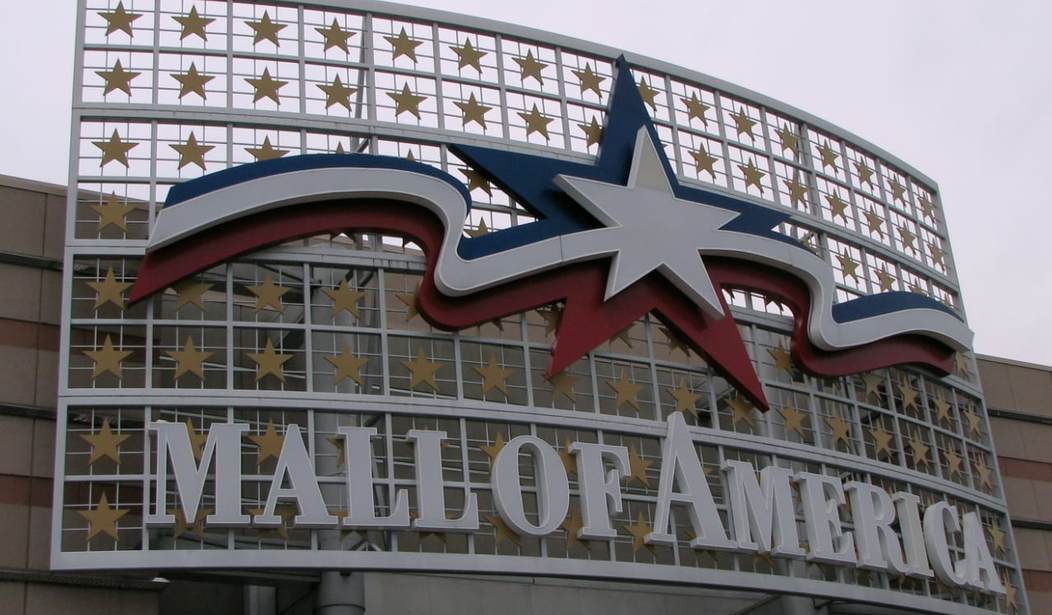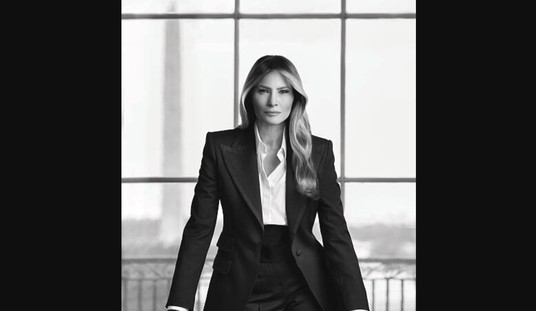“Black Lives Matter” organizers in Minneapolis are losing their allies, at least important ones like county judges and the Minneapolis Star Tribune. After Hennepin County Judge Karen A. Janisch granted a retraining order barring three BLM organizers from attending a planned Wednesday protest at the Mall of America, the Tribune followed up with a refreshingly sober editorial affirming the mall’s property rights. They wrote:
Free speech is one of this nation’s most cherished rights. But the First Amendment guarantees neither a specific place nor audience for the exercise of that right. The question of whether shopping malls constitute town squares that are open to the public was settled in 1972. In Lloyd Corp. vs. Tanner, the U.S. Supreme Court ruled that “there is no open-ended invitation to the public to use the [mall] for any and all purposes, however incompatible with the interests of both the stores and the shoppers whom they serve.”
Similarly, the Minnesota Supreme Court in the 1999 Wicklund case examined whether the mall’s heavy public funding had transformed it into a public space. The court rejected that argument, ruling that “neither the presence of public financing alone nor the public financing coupled with an invitation to the public to come onto the property is sufficient to transform privately owned property into public property for purposes of state action.”
The editorial board noted the difficult situation which current law has created. An earlier ruling related to a BLM protest at the Mall of America staged last Christmas indicated that the mall should pursue legal action against organizers prior to an announced protest taking place. Now that the mall has done that, another judge has told the mall that their restraining order will not prevent the protest from going forward. Judge Janisch Karen A. noted that a restraining order can only apply to specific individuals or legal entities, not an undefined group of people.
The movement has signaled its intention to protest on Wednesday regardless, setting the stage for conflict between protesters and law enforcement. That fits neatly into BLM’s desired narrative. They’re getting exactly what they want, and will presumably suffer minimal legal consequence while running roughshod over the rights of others.
Such actions from Black Lives Matter and similar organizations highlight a need for stronger measures against premeditated mass trespass. As it stands, BLM issues its threats to violate property rights, then uses any reaction from authorities or property owners to rally more participants to its planned invasion and public intimidation. Judges are limited by current law to restraining particular individuals, leaving property owners vulnerable to the planned disruption.
The only way to deter such violations is to impose a higher price upon those who organize them. We need state legislation providing stiffer criminal penalties for incitement to criminal trespass. Look to the RICO Act for inspiration. Behavior which would warrant lesser charges in isolated circumstances should warrant greater charges when organized toward a larger criminal effort. Otherwise, as evidenced by current developments in Minneapolis, innocents will continue to be victimized by these agitation movements, and that’s not acceptable.









Join the conversation as a VIP Member